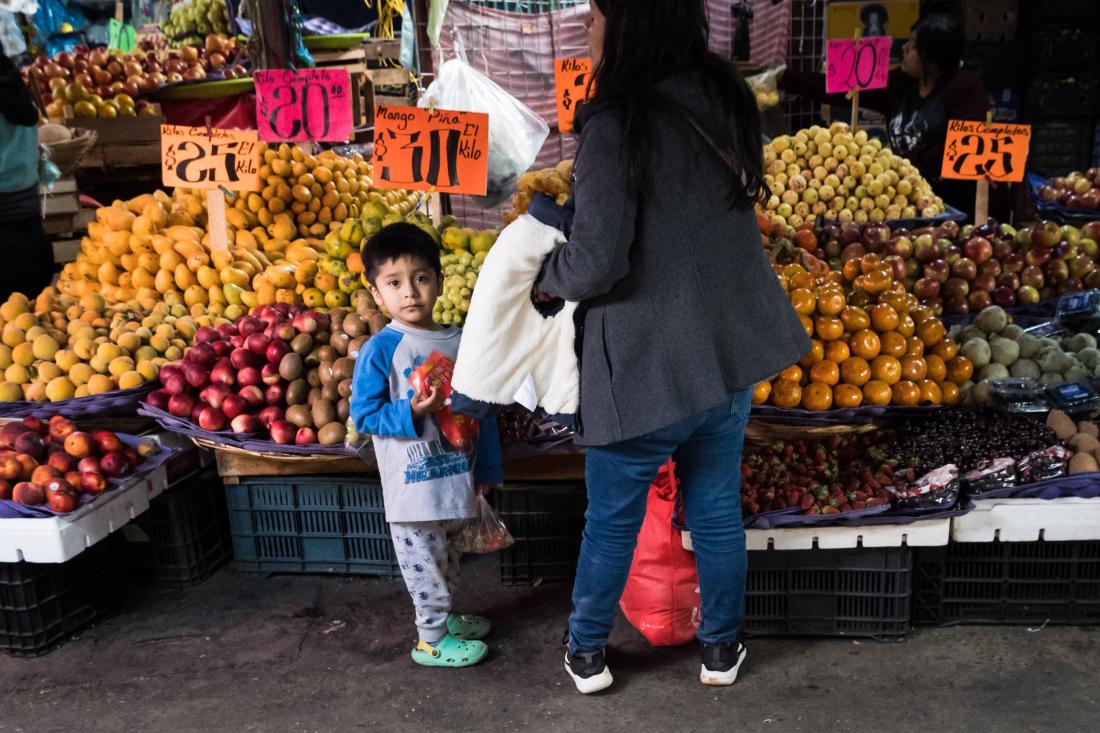An Experiment in Incentive-Based Welfare: The Impact of PROGESA on Health in Mexico
- Children
- Rural population
- Anemia
- Communicable diseases
- Cash transfers
- Early childhood development
- Preventive health
- Conditional cash transfers
Policy issue
Children growing up in poverty often receive poor education, little medical attention, and inadequate nutrition. As a result, they may enter adulthood without the basic capabilities necessary to take advantage of labor market opportunities and pull themselves out of poverty. They are likely to have substantially lower wages, and may therefore be less likely to be able to provide the necessary resources for their own children, perpetuating the cycle of poverty. In order to break this inter-generational transmission of poverty, many governments, particularly in Latin America, have turned to conditional cash transfer (CCT) programs to incentivize parents to invest in their children's health and wellbeing, while providing cash transfers to improve their current welfare.
Context of the evaluation
In 1997, the Mexican government implemented a national CCT program, called PROGRESA. By 2000, PROGRESA covered approximately 2.6 million families, which was about one-third of rural families, or ten percent of all families in Mexico. The program operates in almost 50,000 rural villages in 31 states.
PROGRESA involves a cash transfer that is conditional on the recipient household engaging in a set of behaviors designed to improve health and nutrition. The family only receives the cash transfer if: (i) every family member accepts preventive medical care; (ii) children age 0-5 and lactating mothers attend nutrition monitoring clinics where growth is measured, nutrition supplements are distributed, and they are provided education on nutrition and hygiene; and (iii) pregnant women visit clinics to obtain prenatal care, nutritional supplements, and health education. The size of the cash transfer is large, corresponding on average to one third of household income for the beneficiary families. Another unique feature of the program is that the cash transfers are given to the mother of the family.

Details of the intervention
This study evaluates the impact of PROGRESA on the health of young children and their families. Census data from 1997 was used to identify eligible communities on the basis of socioeconomic status. For budgetary and administrative reasons, all eligible communities could not be brought into the program at the same time, and so communities had to be phased into the program over a two-year period. In 1998, of the 50,000 communities deemed eligible, 506 were chosen to participate in the evaluation, 320 were assigned to the treatment group and would receive program benefits immediately, and 185 were assigned to the comparison group and would begin the program two years later.
Households in treatment villages received a monthly transfer of 90 pesos (approximately US$7) conditional on the completion of the required health components. Each month, PROGRESA officials verified with local medical providers that households had actually completed the required health-care visits. However, only 1 percent of households were ever denied the cash transfer due to non-compliance. Once enrolled, households received benefits for a minimum of three years, after which they were re-assessed for eligibility.
A baseline survey of approximately 14,500 households with over 89,000 individuals and four follow-up surveys (at six month intervals) of the same households were conducted over the two-year experimental period. Administrative records were also collected to analyze program impact on visits to public health clinics.
Results and policy lessons
Impact on preventive care utilization: According to administrative data, in the first full year in which PROGRESA was operational in all treatment localities, there were 2.09 more visits per day (a 60 percent increase) to clinics in PROGRESA areas than in non-PROGRESA areas. This result is further confirmed by the results from the household survey, which suggest that PROGRESA increased utilization of public clinics by 53 percent.
Impact on child health: Children in treatment households had about a 23 percent reduction in the incidence of illness, an 18 percent reduction in anemia, and between a 1 and 4 percent increase in height.
Impact on adolescent and adult health: Adults in treatment households experienced a significant reduction in the number of days on which they had difficulty with daily activities due to illness, and in the number of days spent in bed due to illness. Adults in the treatment group also reported a significant increase in the number of kilometers able to walk without getting tired. Program impact varied across age group, with the strongest impact being felt by those over 50.
Impact on incidences of serious illness: By increasing utilization of public clinics and lowering rates of illness, PROGRESA reduced the demand for curative care. Total visits for 0-2 year olds in treatment households decreased by 25 percent, and hospital inpatient stays for this group fell by more than a half. The results suggest a similarly large reduction in hospitalization for individuals age 18-50 and for those over 50.
